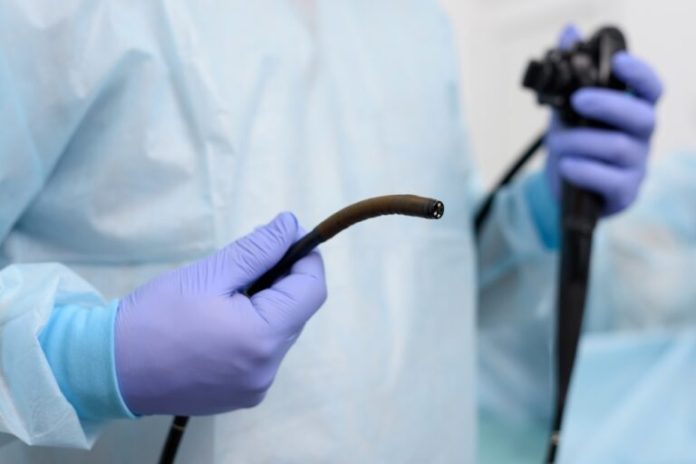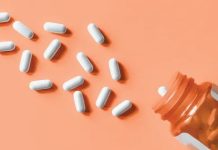An endoscopy is a widely used diagnostic procedure that allows doctors to examine the digestive tract using a flexible tube with a camera. While it’s considered safe and minimally invasive, proper post-endoscopy care is essential to ensure full recovery and minimize discomfort. Whether you’ve had an upper GI endoscopy, colonoscopy, or another type, knowing what to expect afterward can make the process smoother and reduce anxiety.
Understanding the Immediate After Effects
Right after the endoscopic procedure, most patients are brought to a recovery area where they are monitored as the sedative wears off. It’s normal to feel drowsy or groggy, and you may also experience mild throat discomfort, bloating, or gas, especially if air was introduced during the procedure to expand the digestive tract.
Because of the sedatives used, you shouldn’t drive, operate heavy machinery, or make important decisions for at least 24 hours. Be sure to arrange transportation home in advance and allow your body time to rest.
What to Eat and Drink After the Procedure
Once you’re fully awake and cleared to go home, you may be advised to wait a couple of hours before eating. Start with light meals that are easy to digest, such as soup, toast, or plain rice. Avoid spicy, greasy, or very hot foods that may irritate your stomach or throat.
Drinking plenty of water is important, but steer clear of alcohol and caffeinated beverages for at least 24 hours. These can interfere with your recovery or worsen any mild irritation caused by the diagnostic endoscopy. If you’ve had a biopsy or polyp removed, your doctor might recommend a soft-food diet for a day or two.
Managing Common Symptoms
Mild bloating, gas, or abdominal discomfort is common and should improve within a few hours. Walking around can help relieve trapped gas. For throat soreness, lozenges or warm tea with honey may provide relief.
Some people may feel slightly nauseated due to the sedative or air introduced during the procedure. Resting and taking small sips of fluids can help. If you feel pain that worsens or does not go away, contact your doctor promptly.
Activity Restrictions and Rest
Even if you feel alert a few hours after the procedure, your body is still recovering. Plan to take the rest of the day off work or school. Avoid strenuous activities, heavy lifting, or intense exercise for at least 24 hours after the endoscopy. Listen to your body—rest is key to a smooth recovery.
Resume regular activities gradually. If you don’t feel well enough to return to work the next day, it’s okay to take an additional day off. Your recovery timeline may vary depending on the type of endoscopy performed and whether additional interventions like biopsies were done.
Monitoring for Unusual Symptoms
While complications are rare, it’s important to watch for warning signs. Seek immediate medical attention if you experience severe abdominal pain, fever, vomiting, chest pain, difficulty breathing, or persistent bleeding from the rectum or mouth, depending on the type of endoscopy you had.
A small amount of blood in the stool or a slightly sore throat may be normal, but anything more significant warrants a follow-up. Make sure to follow your doctor’s post-procedure instructions and attend any scheduled follow-up appointments.
Medication and Follow-Up Care
Ask your doctor when you can resume your regular medications. In most cases, you can return to your routine medicines shortly after the procedure, but certain drugs like blood thinners may require a longer wait. If biopsies were taken, you may need to wait a few days to receive results.
Your doctor may also give you dietary or lifestyle recommendations based on what was found during the endoscopy. If any abnormalities were discovered, you might be referred for further testing or treatment.
Communicating with Your Doctor
Don’t hesitate to contact your healthcare provider if you have questions after your procedure. Whether it’s about your recovery, test results, or future steps, staying informed will help you feel more in control. Bring up any lingering discomfort or concerns so your care team can respond accordingly.
It’s also helpful to keep a record of any symptoms you experience after the procedure, even if they seem minor. This information can guide your follow-up care and ensure your recovery is on track.
Conclusion
Recovering from an endoscopy is usually straightforward, but it requires some attention to rest, diet, and symptom monitoring. Most people bounce back within a day or two, especially if they follow the recommended post-procedure care tips. Understanding what’s normal and what’s not after an endoscopy empowers you to take charge of your recovery and reach out for help if needed. With the right approach, you’ll be back to your usual routine in no time.









